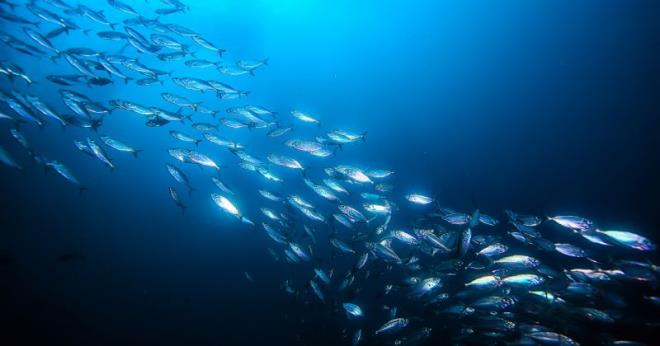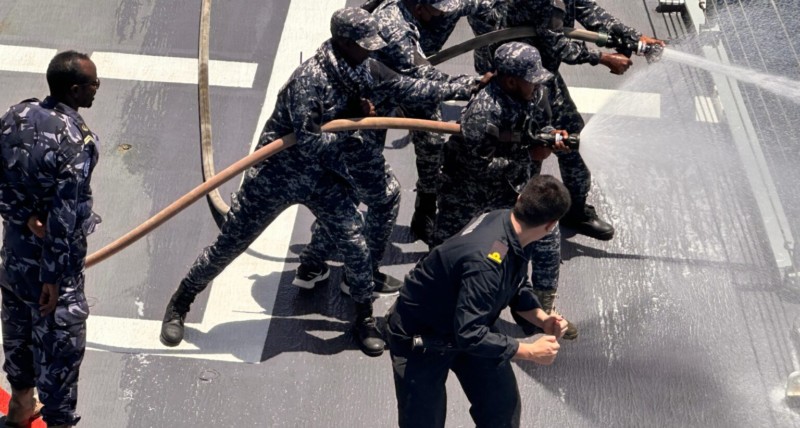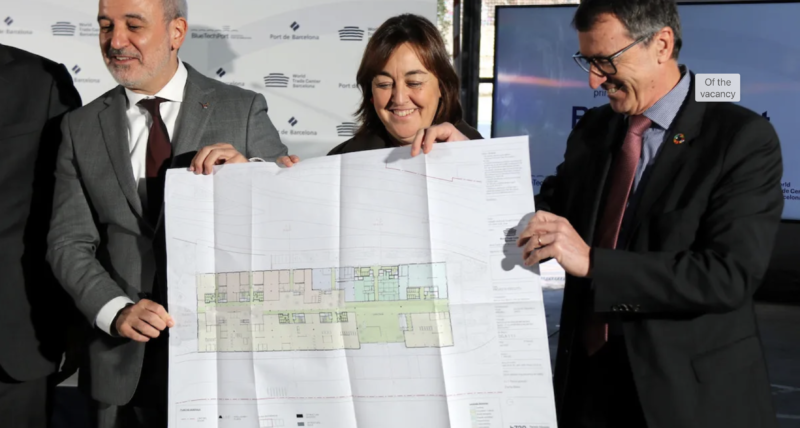Tunis, 10 Nov. (TAP) – Members of the General Fisheries Commission for the Mediterranean (GFCM), including Tunisia, have adopted twelve decisions aimed at strengthening the sustainability of aquatic products and improving the management of fish stocks.
These measures were taken during the 48th GFCM session of the Food and Agriculture Organization of the United Nations (FAO) in Málaga, under the auspices of Spain. According to the Commission, they “symbolize the unity and necessity of cooperation among states to secure the future of fisheries and fishing communities.”
The key decisions directly concern the most valuable resources of the central and eastern Mediterranean, notably in the management of deep-sea crustaceans, according to the FAO.
The GFCM approved the extension of the transition period for multiannual management plans for the sustainable exploitation of red and blue shrimp (Aristeus antennatus) in the Strait of Sicily (geographical sub-areas 12 to 16), as well as in the Ionian Sea and the Levantine Sea.
For other stocks, the Commission adopted a catch control rule for gilthead bream in the Alboran Sea, considered a crucial step for managing this depleted stock.
In the Adriatic Sea, new recommendations reduce fishing effort for Norway lobster while increasing effort for common sole, which is being exploited sustainably.
Another major outcome of the session is the strengthening of mechanisms to ensure compliance with GFCM decisions, particularly to combat illegal, unreported, and unregulated (IUU) fishing. An improved mechanism was agreed upon to evaluate obligations for data reporting and monitoring, control, and surveillance (MCS).
To enhance traceability, the GFCM introduced a new requirement for all vessels over 20 meters operating outside national jurisdictions: they must now carry an International Maritime Organization (IMO) number.
Several regional countries confirmed their commitment by once again achieving Category 1 compliance, including Albania, Algeria, Egypt, Morocco, and Türkiye, as well as the European Union and its member states.
The Commission also highlighted progress in sustainable aquaculture, adopting two resolutions to strengthen ecosystem resilience: a harmonized environmental monitoring program and an initiative to establish aquaculture zones dedicated to ecosystem restoration.
The General Fisheries Commission for the Mediterranean (GFCM) is a regional fisheries management organization established in 1949 under Article XIV of the FAO Constitution. It aims to coordinate countries’ efforts for the sustainable development of aquaculture and the conservation and sustainable use of living marine resources at biological, social, economic, and environmental levels.
The GFCM includes 19 Mediterranean states and 4 Black Sea states, as well as the European Union. Key Mediterranean members include Albania, Algeria, Croatia, Cyprus, Egypt, France, Greece, Israel, Italy, Lebanon, Libya, Malta, Monaco, Montenegro, Morocco, Slovenia, Spain, Syria, and Tunisia, along with Türkiye.
Black Sea members include Bulgaria, Romania, Ukraine, and Türkiye.
Source: tap.info




